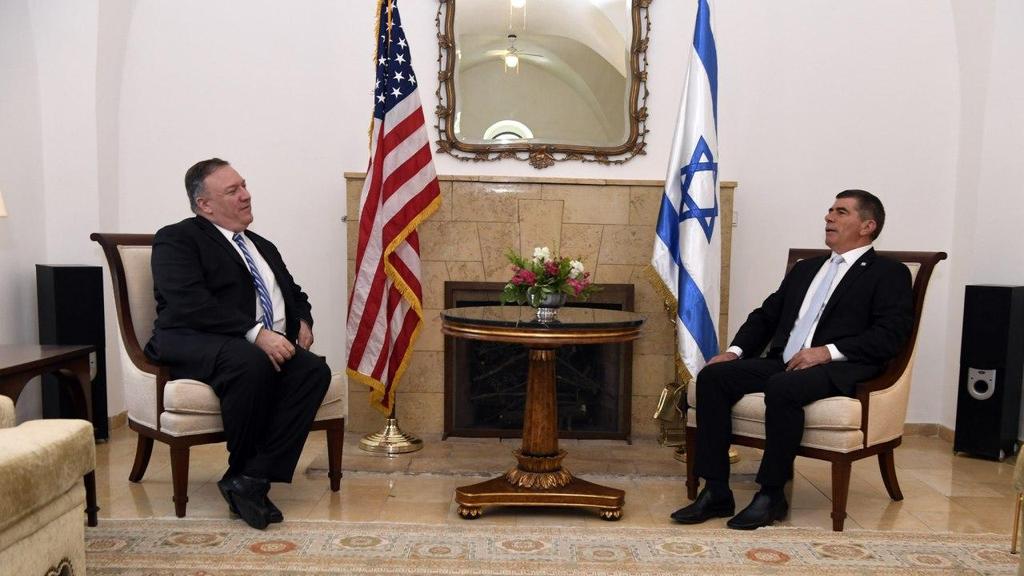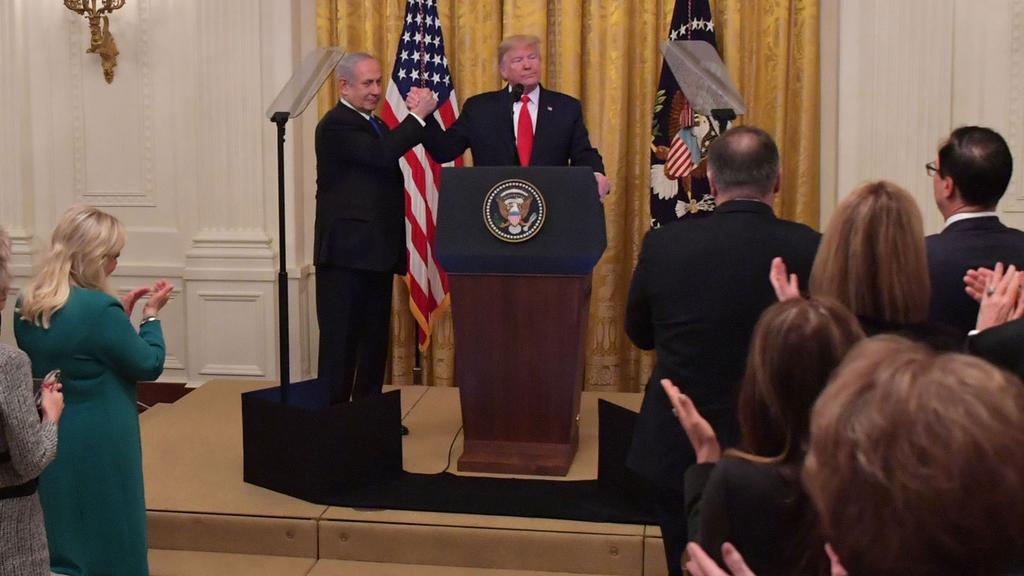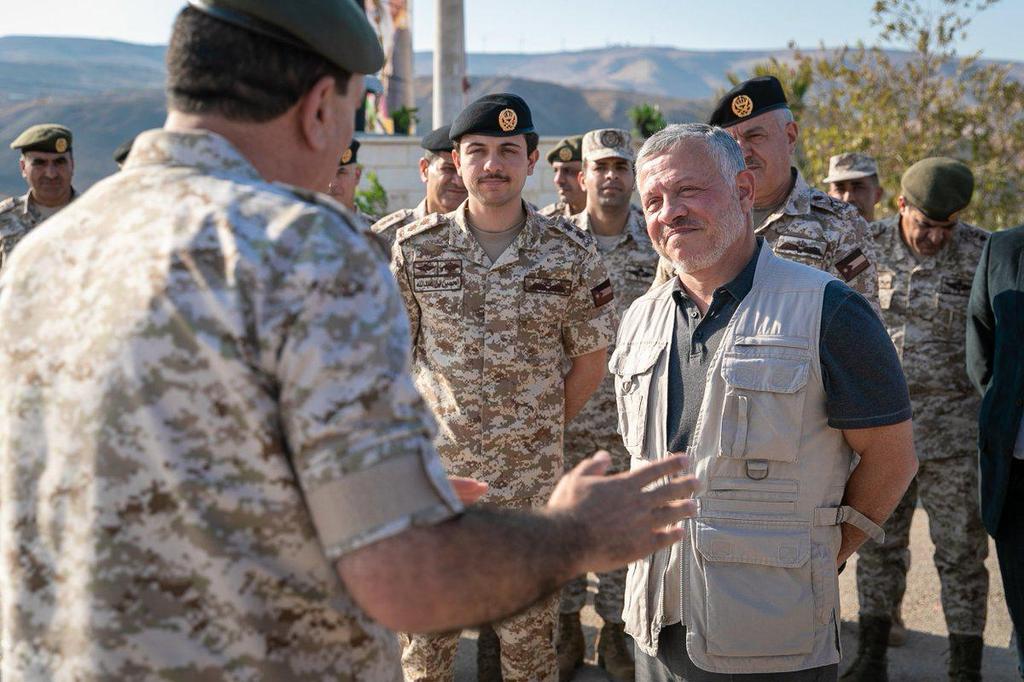Incoming Foreign Minister Gabi Ashkenazi called U.S. President Donald Trump’s Mideast peace plan on Monday a “historic opportunity” to shape Israel’s borders, but stopped short of explicitly mentioning a possible annexation of West Bank territory.
The outline, which was presented in January, promotes the establishment of a Palestinian state on some 70 percent of the West Bank, pockmarked with settlement enclaves that would be annexed to Israel.
3 View gallery


U.S. Secretary of State meeting with Gabi Ashkenazi during his visit last week
(Photo: U.S. Embassy in Israel)
Sitting next to his predecessor as Israel’s top diplomat, incoming Finance Minister Israel Katz, Ashkenazi said the administration’s plan will be advanced “responsibly, with full coordination with the United States and maintaining all of the State of Israel’s peace agreements and strategic interests.”
“We have a duty to ensure we distance our citizens from the risk of war and pursue peace,“ he said.
3 View gallery


Prime Minister Netanyahu and U.S. President Trump during the unveiling of the peace plan at the White House in January
(Photo: GPO)
Many in the international community opposed Prime Minister Netanyahu’s plan to unilaterally annex large parts of the Jordan Valley.
Netanyahu announced his intention in advance of the September elections. According to the coalition agreement, he would be able to bring the annexation to a vote in the Knesset or the cabinet as soon as July 1.
“I see great importance in strengthening the ties with the countries with which we have peace, Egypt and Jordan,” Ashkenazi stated. “They are the most important allies in dealing with regional challenges.”
The comment came several days after Jordan's King Abdullah II said there will be a "massive" confrontation between Israel and Jordan if the former annexes the Jordan Valley. Asked if he would end the peace treaty with Israel, Abdullah said he doesn't "want to make threats and create an atmosphere of controversy, but we're considering every option."


